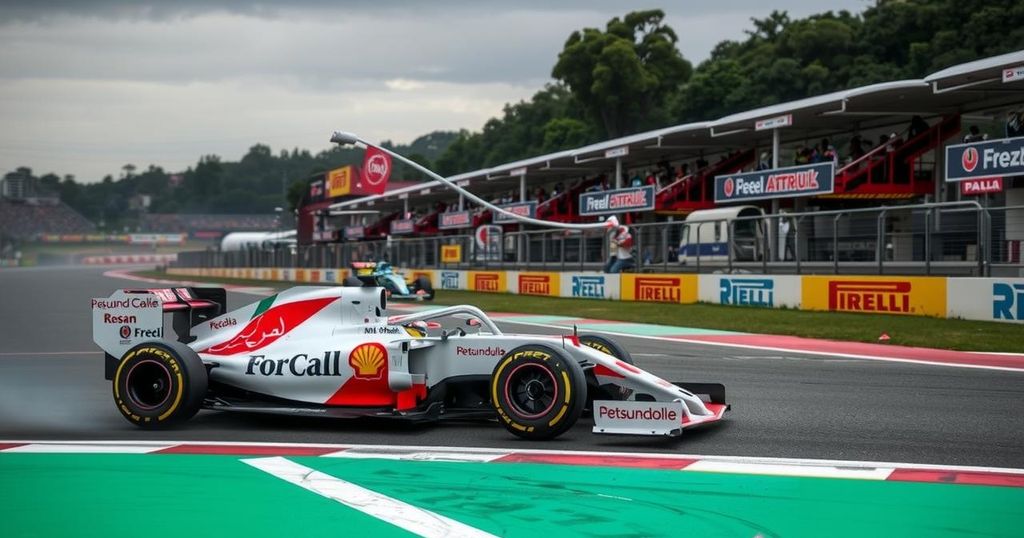The Inappropriateness of Hosting Formula 1 in Rwanda, South Africa, and Thailand

Countries like Rwanda, South Africa, and Thailand are vying to host Formula 1 races despite significant socio-economic challenges. While South African officials call for the return of F1, financial constraints and local needs suggest that such investments may be misaligned with the priorities of the population. A more sustainable approach involving community investment could enhance the impact of motorsport in these regions.
In recent discussions regarding the inclusion of countries like Rwanda, South Africa, and Thailand in the Formula 1 calendar, concerns have arisen about the appropriateness of such initiatives. While governmental officials, such as South Africa’s sports minister Gayton Mckenzie, have expressed a desire to host a Grand Prix—citing the lack of Grands Prix in Africa compared to Europe—the reality on the ground paints a different picture. Financial considerations significantly hinder these ambitions, with many local populations struggling to meet basic needs such as reliable electricity and food, while governments allocate funds for extravagant events like F1 races.
For instance, despite repeated efforts, securing funding for a Formula 1 comeback in South Africa remains elusive, and any potential public investment would likely exacerbate financial strains. Previous cases, such as the Malaysian Grand Prix, reveal that such events can lead to net losses rather than expected economic gains, calling into question the viability of investing in motorsport in regions with pressing socio-economic challenges.
The lack of motorsport history in countries like Rwanda and Thailand further complicates the feasibility of hosting a Grand Prix. While South Africa holds some motorsport heritage, the connection has diminished over decades. If the FIA and Formula 1 truly wish to expand into these regions, they should consider a more community-focused approach—eliminating fees for organizers and offering affordable ticket prices for local populations while investing in grassroots motorsport development, aiming for a sustainable impact rather than mere spectacle.
The context of Formula 1’s potential expansion into Rwanda, South Africa, and Thailand highlights ongoing debates about the suitability of holding high-profile races in countries facing significant socio-economic challenges. The pursuit of Grand Prix races by these governments often indicates a desire to boost tourism and national prestige, yet this ambition frequently clashes with the pressing needs of their citizens, including poverty alleviation and infrastructure improvement.
In summary, the aspiration to host Formula 1 races in Rwanda, South Africa, and Thailand raises critical ethical and financial concerns. Given the pressing socio-economic issues faced by these nations, prioritizing investment in community wellbeing over extravagant events like F1 races appears more beneficial. The FIA and Formula 1 should reevaluate their strategies, considering how motorsport can genuinely contribute to local development rather than exacerbate existing disparities.
Original Source: www.gpblog.com








